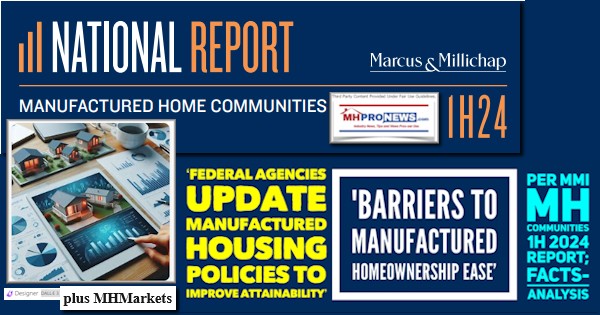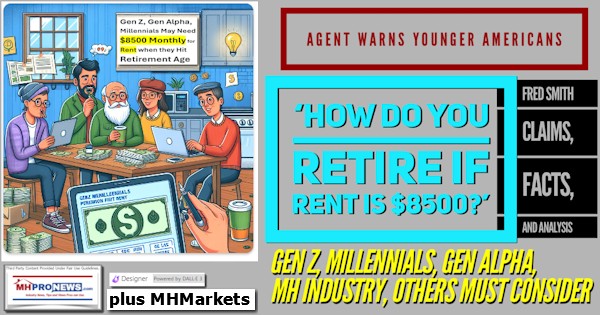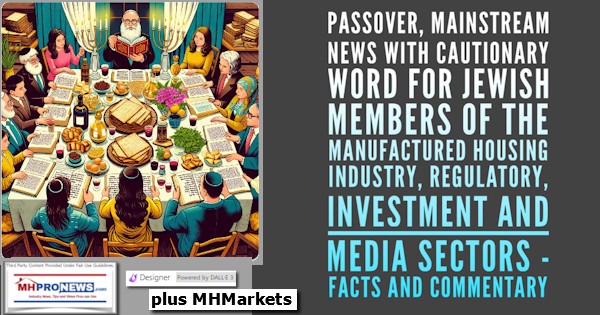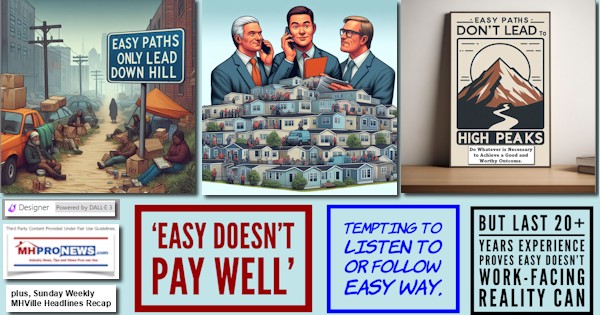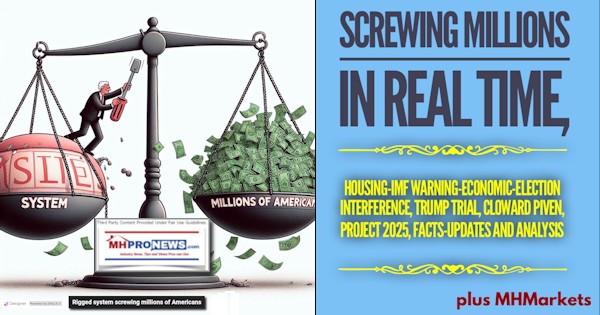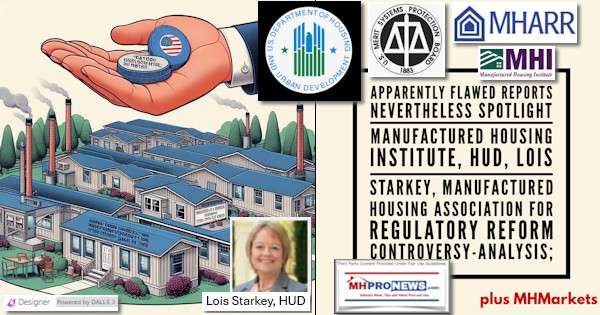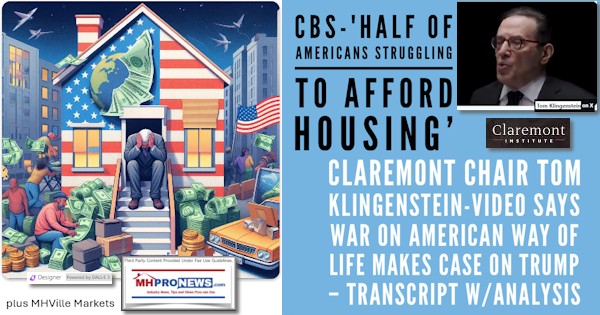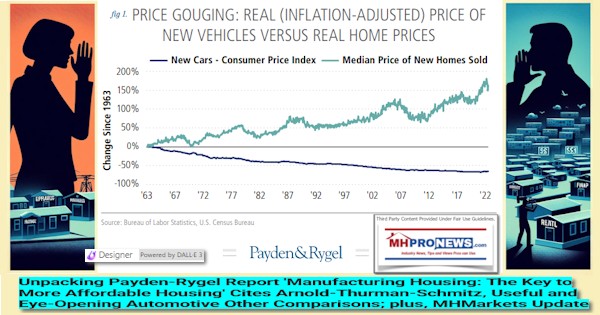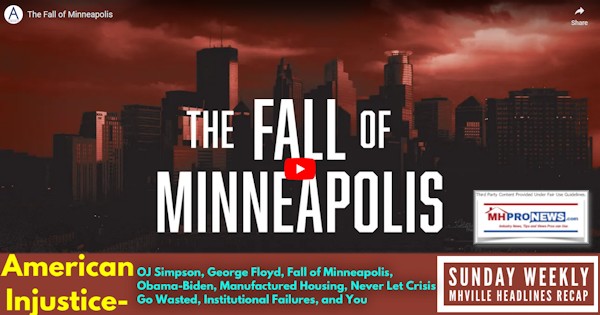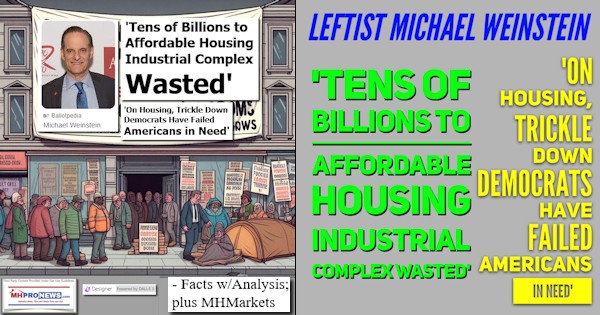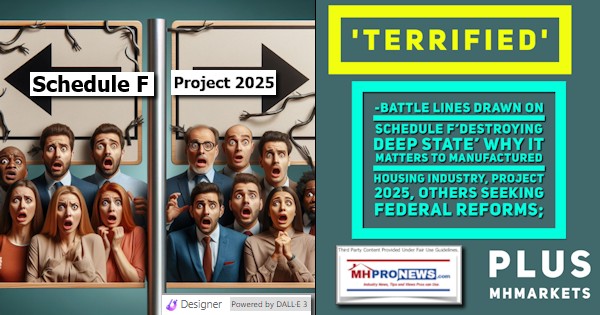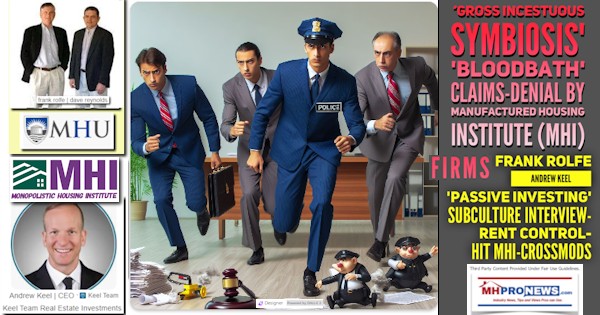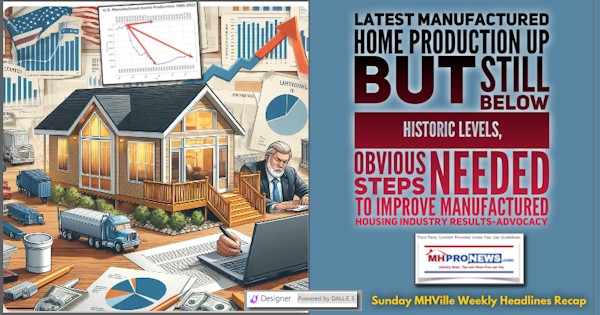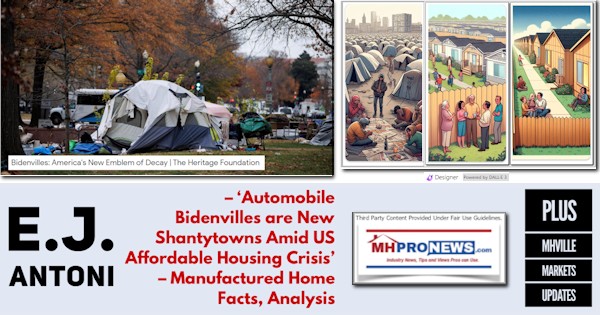 Worchester Magazine’s correspondent Walter Bird Jr. tells MHProNews that “Worcester Housing Authority (WHA) Executive Director Ray Mariano recently announced a mandatory program that would, in part, require at least one household member to work, go to school or face eviction after three years – the program was an extension of sorts of a voluntary WHA program, A Better Life (ABL) – it was quickly nixed by the Department of Housing and Urban Development (HUD). Mariano was livid, especially since the agency had previously, and apparently unwittingly, approved the program.”
Worchester Magazine’s correspondent Walter Bird Jr. tells MHProNews that “Worcester Housing Authority (WHA) Executive Director Ray Mariano recently announced a mandatory program that would, in part, require at least one household member to work, go to school or face eviction after three years – the program was an extension of sorts of a voluntary WHA program, A Better Life (ABL) – it was quickly nixed by the Department of Housing and Urban Development (HUD). Mariano was livid, especially since the agency had previously, and apparently unwittingly, approved the program.”
In September, there were 5,167 applicants for public housing, both federal- and state-funded. The waiting list for leased housing was more than double that at 12,608, with Mariano explaning that there would be overlap, so perhaps 13,500 to 14,000 total people are waiting.
Suburban stats reports the Worcester, Massachusetts population at approximately 181,045 in 2014.
“You can’t build housing for 15,000 people in Worcester. You couldn’t do it,” Mariano – who was raised in public housing himself and went onto become mayor – said. “You’d have to wipe out a quarter of the city to do it, and it would cost billions of dollars. If we built 20 or 30 units a year, which is reasonable, but a lot of money, it would take five lifetimes to get to all the people on the list. There isn’t enough money on the planet, collectively, to build ourselves out of the affordable housing problem we have, the homeless problem we have. The only way to get ourselves out of the problem, long-term, is to help the people who are in public housing.”
The Boston Globe in an editorial urged earlier this year the use of manufactured housing as a solution to their city’s growing affordable housing crisis. Worchester is about 46 miles from Boston.
Why are Cities Allowed to Hate MH?
In a guest column recently published in Industry Voices, commenting on the CFPB’s so-called white paper on manufactured housing and lending, DJ Pendelton, Executive Director of the Texas Manufactured Housing Association, under the header “Why are Cities Allowed to Hate Us?” wrote in part as follows.
“The white paper does list factors as to why manufactured housing is more of a rural housing option and not in more populated metropolitan areas. They mention zoning prohibitions as a contributing factor. Those of us in the industry know this is the factor limiting manufactured housings’ presence in urban settings. The question this should spawn is whether or not it is good policy to allow cities this type of prohibition. With new, modern, efficient, heavily regulated manufactured homes, what is the public policy that benefits a city from prohibiting manufactured homes and what are the benefits to removing these restrictions?”
With affordable housing at or near crisis levels in much of the U.S., Pendelton’s point is relevant to any discussion of public housing and public policy regarding factory built home placement. ##
(Editor’s Note: A related OpEd, Subsidized Housing – Our Secret Enemy? is linked here.)
(Photo: Worcester Housing Authority Executive Director Ray Mariano outside 40 Belmont St., credit: Steven King/Worcester Magazine)






